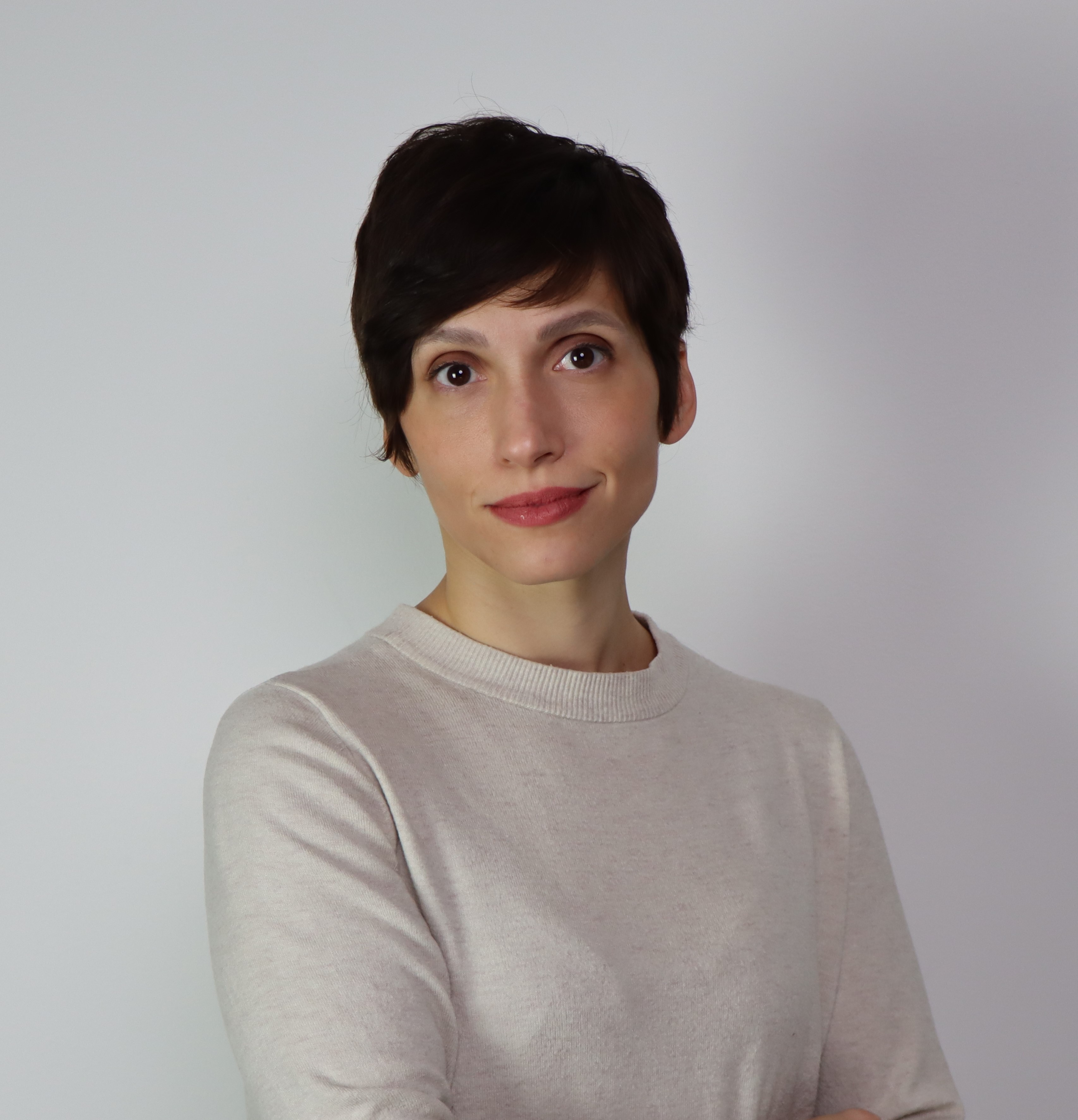Publications.
Ongoing Research.
The unintended consequences of the "Arsenal of Democracy"
The long run effect on counties that received aid
All roads lead to market integration.
Lessons from a spatial analysis of the wheat market in 18th century Spain.
Long-Run Aid Effectiveness in Africa’s Historical Borderlands
Evidence from the Christian Missionary Expansion
Building up faith
The relationship between local wealth and church investments in Medieval Sweden
What hath God wrought?
Telegraph diffusion and regional growth in Spain
Events.
-
7 / 2025 World Economic History Congress 2025
Session: Gender in the Global South: the roots and consequences of gender inequality in developing countries
-
6 / 2025 University of Sienna - Invited Seminar
The long run unintended consequences of the "Arsenal of Democracy" with Joan Roses and Alex Klein
-
4 / 2023 Paris School of Economics - Invited Seminar
The unintended consequences of the "Arsenal of Democracy".
-
7 / 2022 World Economic History Congress
Organising "Can policy offset poor resource endowments? measuring costs and benefits in the long term" session, where the paper "The unintended consequences of the "Arsenal of Democracy"" was presented. Also presenting "Stunting and Wasting in a Growing Economy: Biological Living Standards in Portugal during the Twentieth Century" in "Worldwide child stunting and human wellbeing since the nineteenth century".
-
6 / 2022 EHES - Groningen
The multiplier of destructive creation: a multisector spatial analysis of the investments for WW2 in the US.
-
4 / 2022 EHS - Cambridge
The multiplier of destructive creation: a multisector spatial analysis of the investments for WW2 in the US.
-
12 / 2021 Agricliometrics IV - Universidad Carlos III de Madrid
Closing the price gap on wheat markets in early modern Spain
-
11 / 2021 Research Seminar at Universidad of Gothenburg
The multiplier of destructive creation: a multisector spatial analysis of the investments for WW2 in the US.
-
10 / 2021 African economic history meeting - Lund University
A Historical Gender Gap Index for Sub-Saharan Africa. Trends and insights from the past 50 years.
-
4 / 2021 Economic History Association - Annual Meeting (Online).
”All roads lead to market integration? Spatial integration of grain markets in 18th century Spain"
-
10 / 2019 14th North American Meeting of the Urban Economics Association Federal Reserve of Philadelphia, USA.
”Can kings create towns that thrive? The long-run implications of a town foundation policy”
-
10 / 2019 Research Seminar at Universidad de Barcelona
"Building up faith: the relationship between church building and pre-industrial population"
-
8 / 2019 European Historical Economics Society Paris, France.
”Building up faith: the relation- ship between church building and pre-industrial population”
-
7 / 2019 4th Sound for Seniors NTNU, Trondheim, Norway.
”Building up faith: the relationship between church building and pre-industrial population”
-
4 / 2019 Economic History Society Annual Conference - Queens University, Belfast.
’Building up faith: the relationship between church building and pre-industrial population’
-
9 / 2018 13th Sound Economic History Workshop in Gothenburg, Sweden
Railways and Reform: How did the train enhance the Nation State
-
7 / 2018 World Economic History Congress - Boston (USA)
Presenting "Building up faith: The relationship between local wealth and church investments in Medieval Sweden." in “Conversion out of Poverty?” (Scheduled)
-
10 / 2017 12th Swedish Economic History Meeting - Stockholm University (Sweden)
Can Kings Create Towns that Thrive? The long-run implications of new town foundations
-
9 / 2017 12th Sound Economic History Workshop, Jyväskylä University (Finland)
Can Kings Create Towns that Thrive? Urbanisation and agricultural surplus in Sweden 1570-1810
-
9 / 2017 12th European Historical Economics Society Conference - Tübingen University (Germany)
Can Kings Create Towns that Thrive? The long-run implications of new town foundations
-
3 / 2017 Economic History Association Annual Meeting - Royal Holloway (UK)
Knowledge shocks diffusion and the resilience of regional inequality
Others.
Contact.
- Lund University
- Department of Economic History Alfa 1 2097
- Scheelevägen 15b Lund, Sweden
